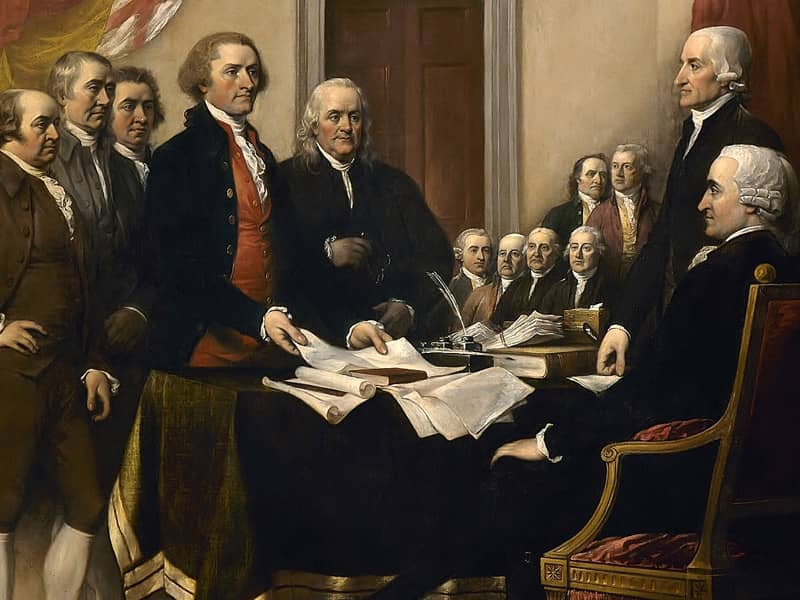Once solidly in the Democratic camp, they drive "pollsters, pundits, and politicians of all stripes to distraction," Crisis stated. Long gone are the days of the solid Irish-German Catholic bloc that supported the Democrats since the mid-19th century.
Long gone, too, is the era of the Catholic bosses of Tammany Hall, New York's Democratic Party machine, who were always able to "deliver" at election time.
According to a Gallup poll released the day before Tuesday's presidential election, Catholics were evenly split between Vice President Al Gore and Texas Governor George W. Bush. Each candidate had the support of 45 percent of that group, while the Green Party's Ralph Nader garnered a mere five per cent. Among the general population Bush had a 47-43 percent edge over his Democratic rival.
The Roman Catholics in the United States make up 27 per cent of the electorate, and their number is growing with the influx of immigrants from Latin America.
But as in their voting habits, there are only marginally distinct from the rest of the U.S. population. They are in church more frequently, QEV Analytics, a Washington polling group, found. Forty-six percent go to Mass at least once a week, whereas 37 percent of all Americans attend religious services.
But is there really such a thing as a Catholic vote? "The only logical answer is that there are two Catholic votes -- just as there are two kinds of Catholics in America," columnist Robert D. Novak wrote some time ago. "The active Catholic attends Mass every Sunday and will tend to conform to the views of the bishops, at least on abortion," he continued. "The inactive Catholic is an inconstant communicant, likely is not a member of any parish church, and is cut off from the views of the bishops, particularly when it comes to abortion."
A study commissioned by the Pew Charitable Trusts in 1994 came to similar conclusions: 70 per cent of liberal Protestants, non-religious people and "progressive Catholics" support abortion rights.
However, "traditional Catholics" have one thing in common with evangelicals and blacks: They are much more likely to be pro-life. Wrote communications professor Terry Mattingly: "Political leaders who covet the votes of America's 60 million Catholics must face this reality."
In an article entitled, The Catholic Political Identity, Crisis author Steven Wagner makes some further generalizations some of which show up marked differences between active Catholics and conservative Protestants: Catholics are distinctively patriotic but not anti-government; they do not favor indiscriminate budget cuts. Yet they do not see themselves a Big Government liberals.
Although many Catholics consider themselves conservatives, they are not in favor of unbridled free markets.
They show concern for the poor but do favor recent welfare reforms and reject job quotas and other forms of affirmative action.
There is one point at which active Catholics are of one mind with conservative evangelicals: They believe in an absolute standard of morality and resolutely resist the claim of a moral right to do wrong. A claim Wagner calls "a central tenet of contemporary liberalism."

